Besides washing your hands and isolating yourself, what can you do to prevent getting sick? We’re walking through the best foods to boost your immune system!
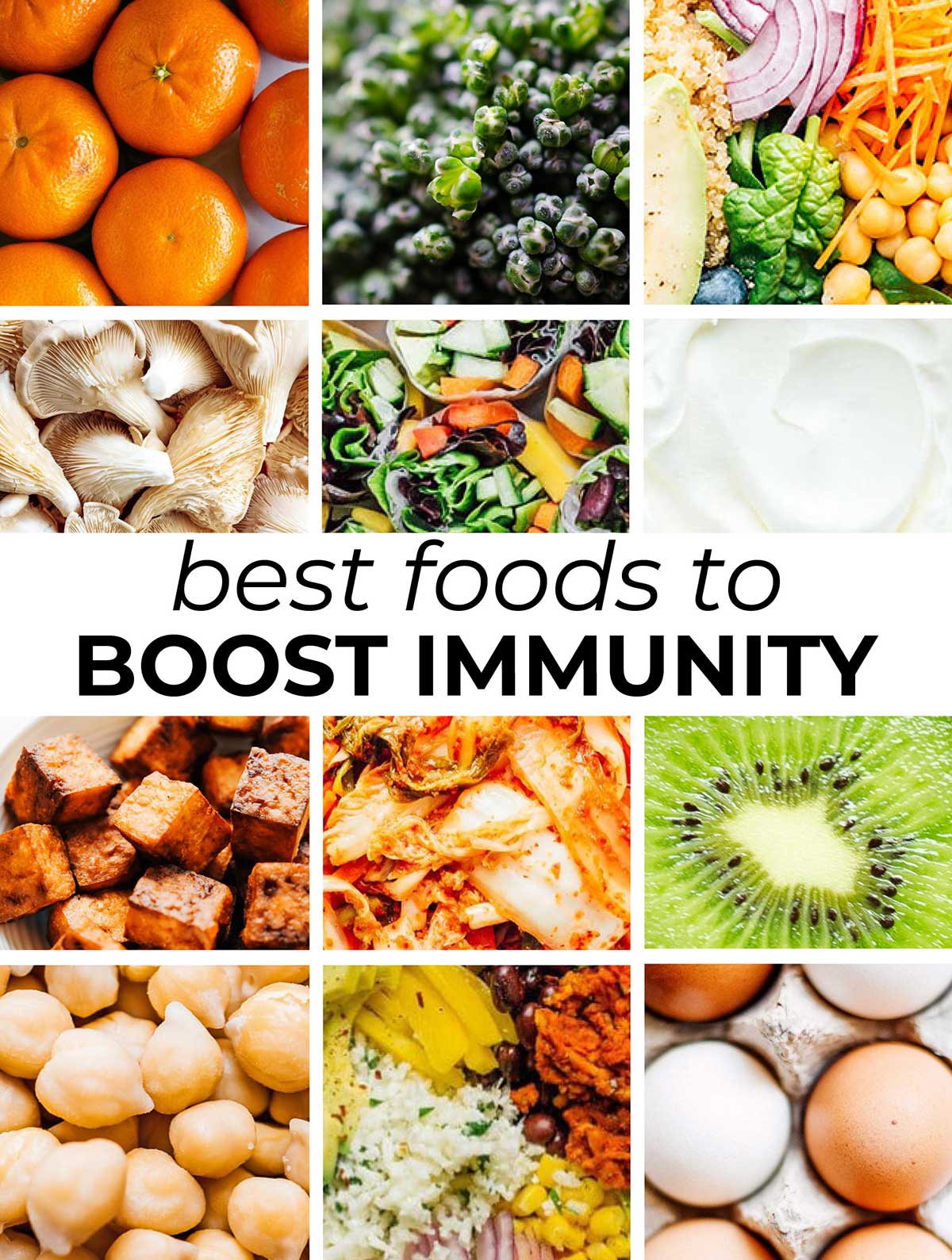
Let’s talk about the elephant in the room, shall we? Coronavirus.
If you’re anything like me, you’re simultaneously sick of hearing about it but also can’t get it out of your head. Because as we sit at home here in the Netherlands watching our neighbor countries close their borders, stores, restaurants, and schools, we can’t help but wondering what we should be doing.
So you’re washing your hands regularly. You’re rationing your hand sanitizer. You’re avoiding busy public place. (You’re hopefully not hoarding toilet paper). But what else can you be doing to protect yourself from becoming sick?
Let’s walk through some foods that boost your immune system. It’s important to note that while I have a degree in human nutrition and have only included information sourced from scientific journals, this should not be taken as medical advice.
Eat the rainbow
When it comes to preparing for exposure to any sort of nasty bug, having a well balanced diet is your best defense. I know, that’s so much less satisfying than some nonsense like “eat 3 elderberries and you’ll be immune”.
Eat a variety of colorful fruits and vegetables, which will contain a range of vitamins and minerals that your body needs. Here are a few of my favorite rainbow meals:
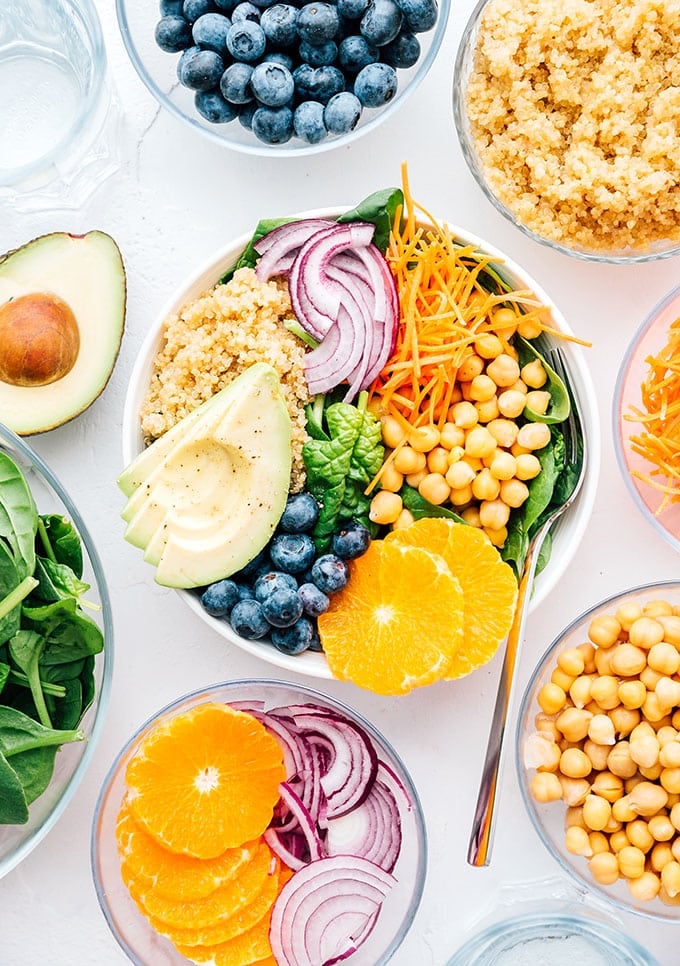
Vitamin C
Everyone’s favorite antioxidant, vitamin C! Supplementation of vitamin C was found to improve parts of the immune system, like natural killer cell and antimicrobial activity. Although there isn’t strong evidence that directly links vitamin C to preventing the cold or flu, studies do suggest that it may reduce the symptoms and duration of respiratory infections.
You can find vitamin c in most fruits and vegetables, but here are a few major players:
- Bell Peppers (211% daily value in 1 cup)
- Kiwi (185% daily value in 1 cup)
- Oranges (106% daily value in 1 cup)
- Broccoli (90% daily value in 1 cup)
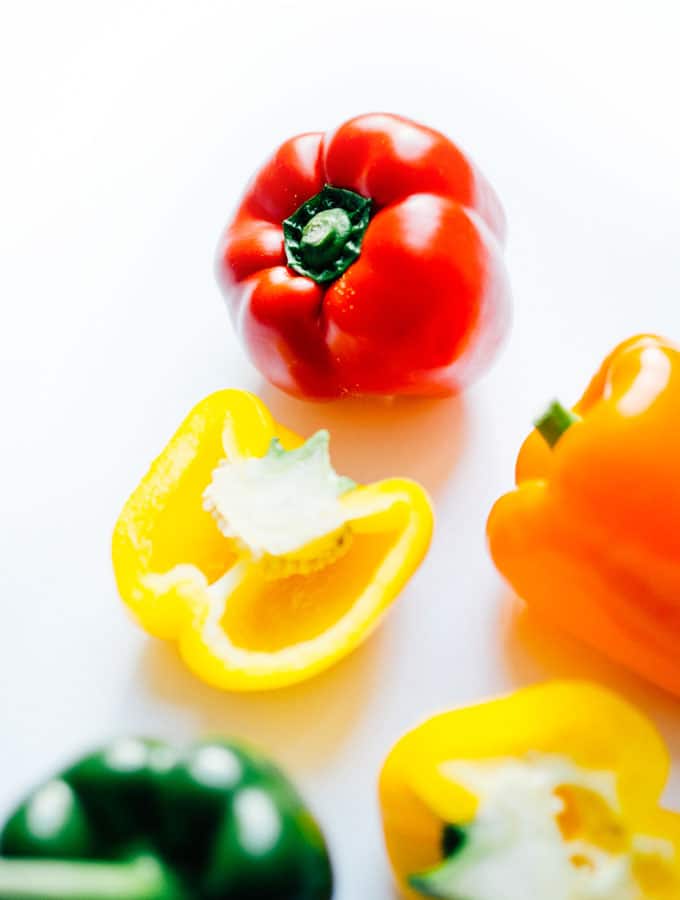
Zinc
For people who are deficient in zinc, adding zinc to your diet may help shorten the duration of a cold. It works by inhibiting the replication of some respiratory viruses, like rhinovirus or syncytial virus. A few plant-based sources of zinc include:
- Firm Tofu (36% daily value in 1 cup)
- Lentils (23% daily value in 1 cup)
- Yogurt (22% daily value in 1 cup)
- Shiitake Mushrooms (18% daily value in 1 cup)
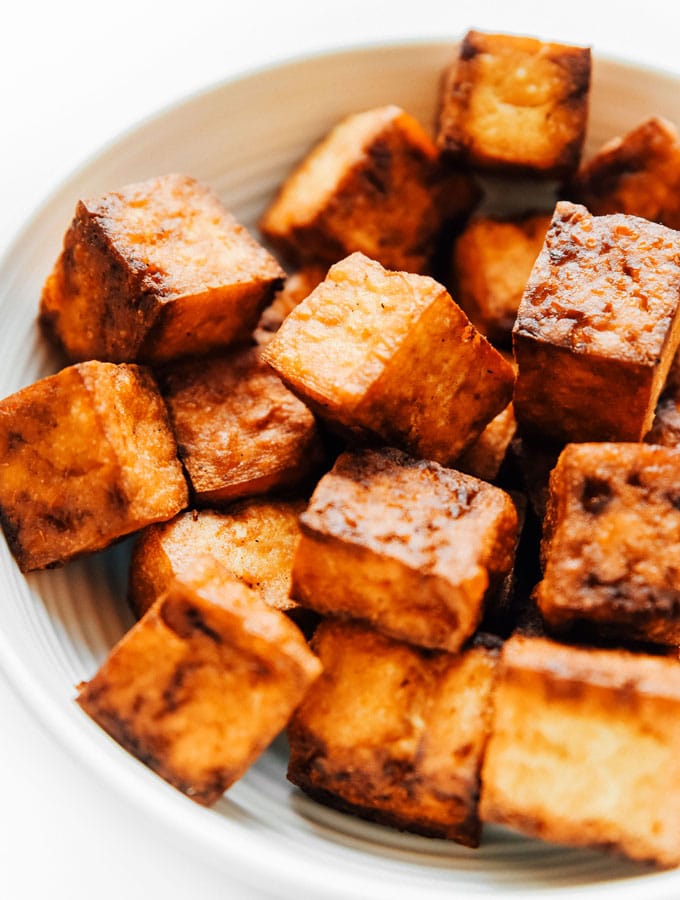
Vitamin D
Vitamin D deficiency may increase your susceptibility to infection (and an estimated 42% of people are vitamin D deficient). It is thought that increasing your vitamin D may reduce the severity of the inflammatory response brought on by infection.
You can get vitamin D just by standing outside in the sunlight (exposing your arms and legs for just 15 minutes a day is usually enough). But for the winter months, you can also get plant-based vitamin D through these foods:
- Mushrooms that have been exposed to UV light (139% daily value in 1 cup)
- Fortified Milk (32% daily value in 1 cup)
- Fortified Tofu (28% daily value in 1 cup)
- Fortified Breakfast Cereal (16% daily value in 1 cup)
- Eggs (6% daily value in 1 egg)
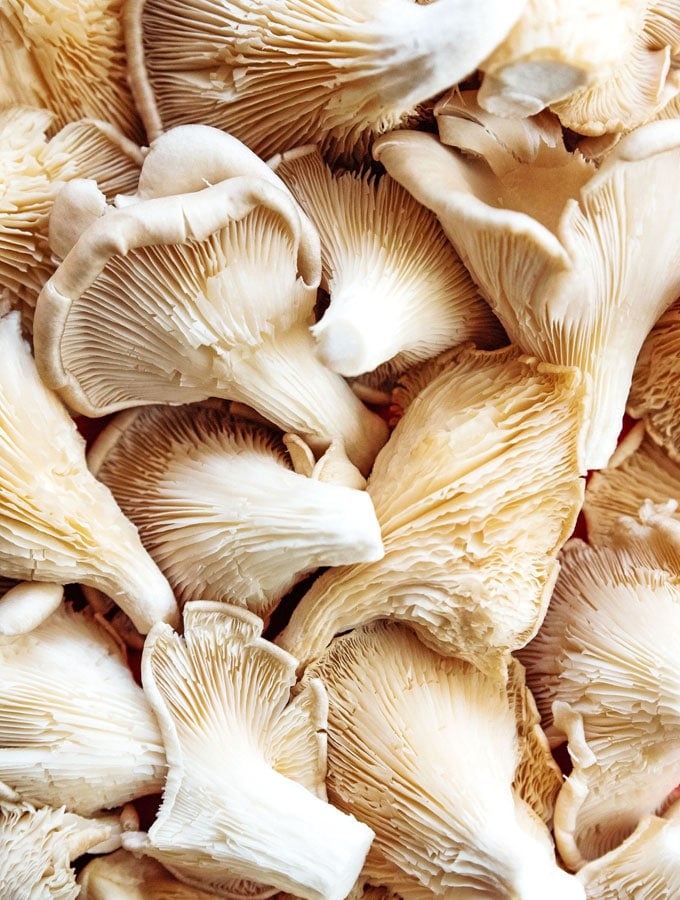
Probiotics
There is some evidence that probiotics may support the immune system by benefitting IgG producing cells. Probiotics also promote a healthy balance of gut bacteria, though most colds and flus are viruses, not bacteria. Here are a few of our favorite probiotic-containing foods and drinks:
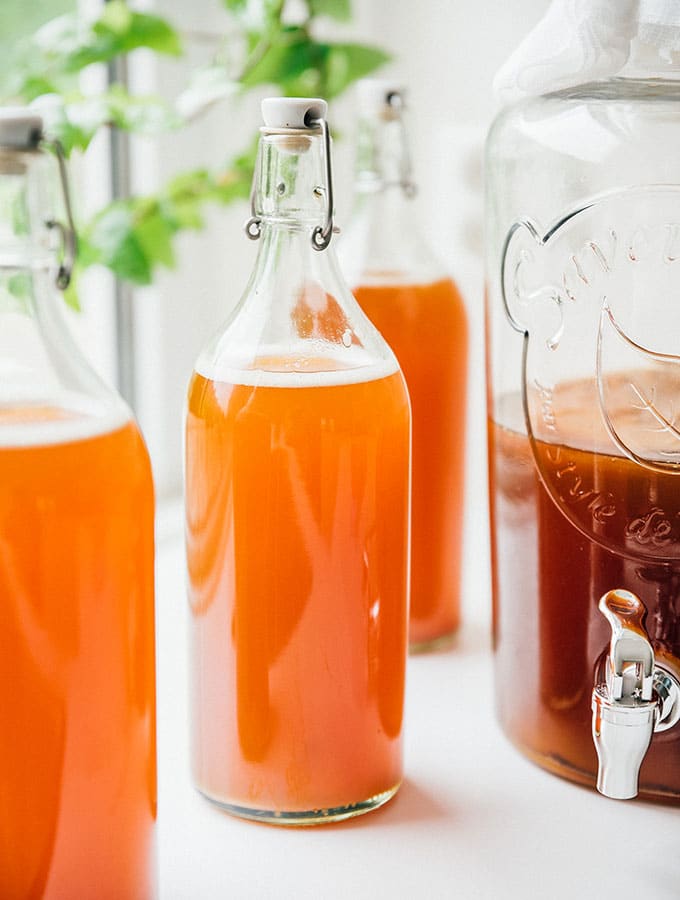
Stress Busters
A healthy immune system isn’t just about what’s going into your belly, but what’s going on in your head! It’s important to keep your stress in check and get enough sleep, both of which will boost your immunity.
Here are a few healthy comfort foods that we could all use about now:
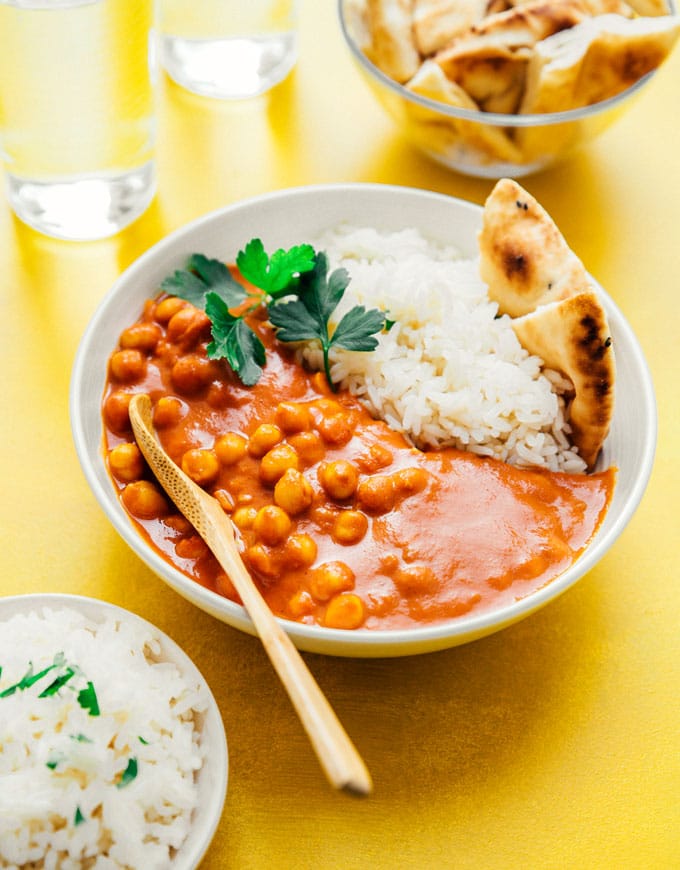
To our friends all over the world, stay healthy out there! -Sarah
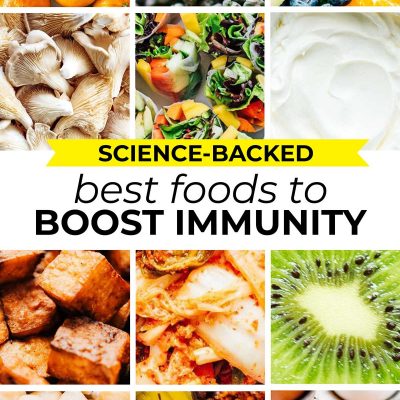
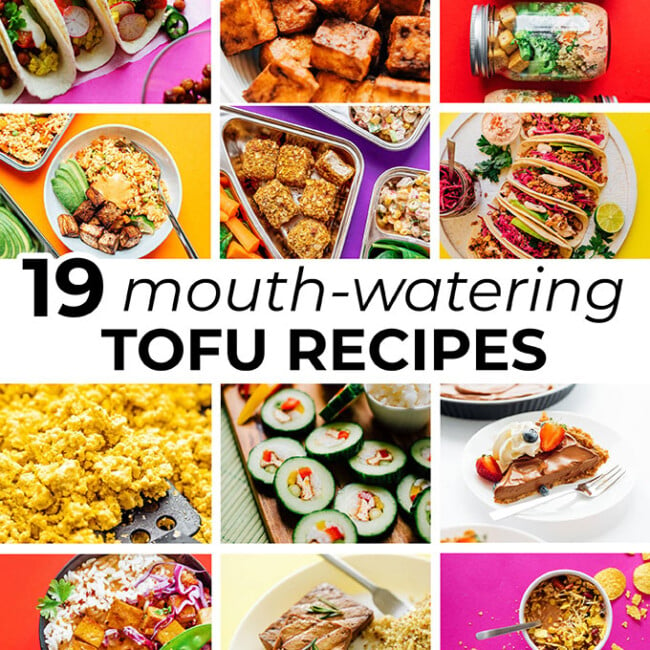
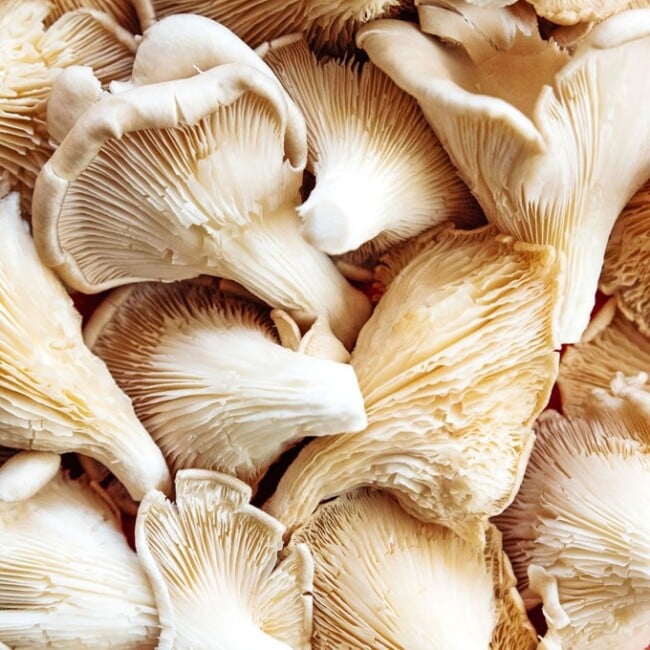
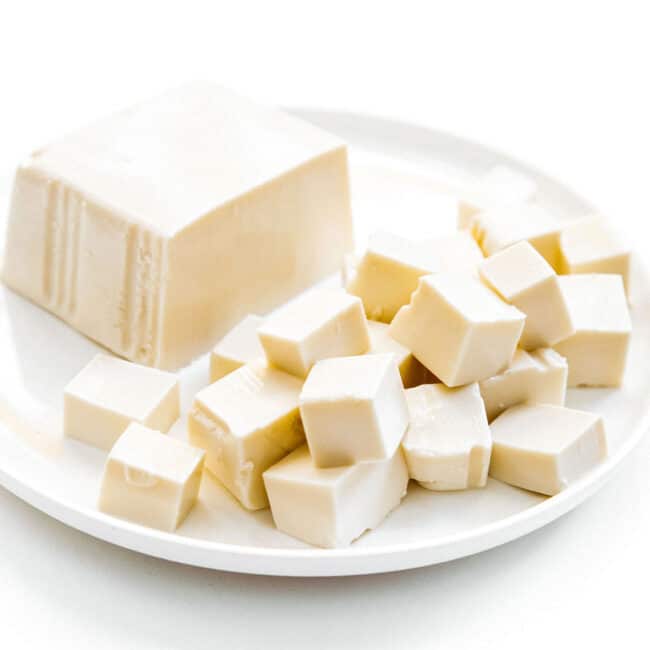
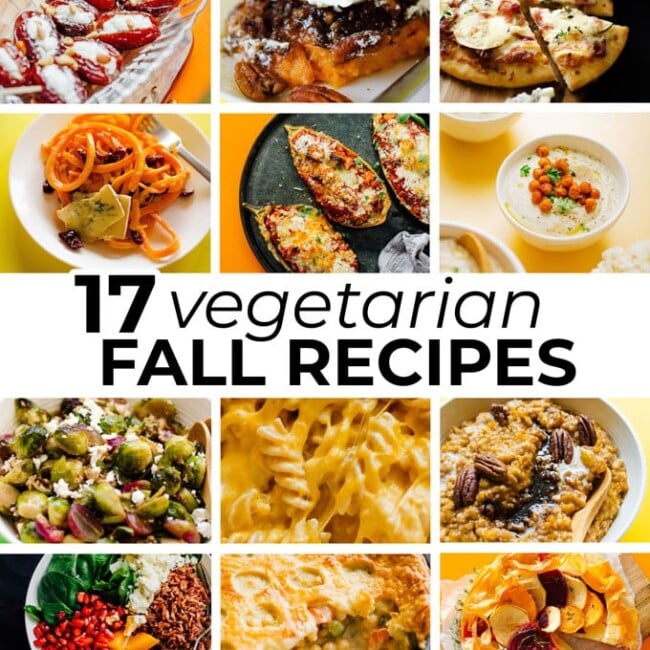
Shari says
Thank you! It is nice to feel like there is something one can do!
Sarah says
You’re so welcome! Stay healthy out there! 😀